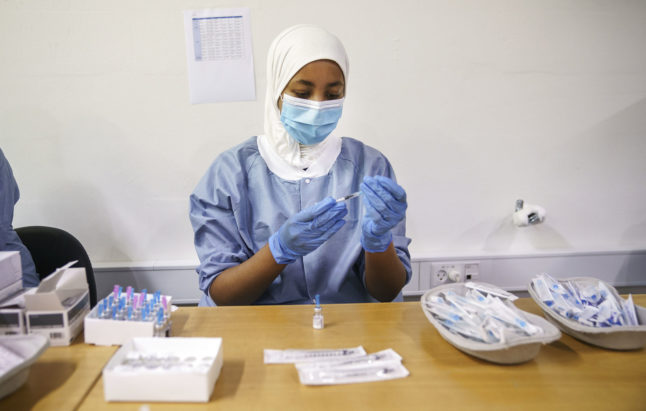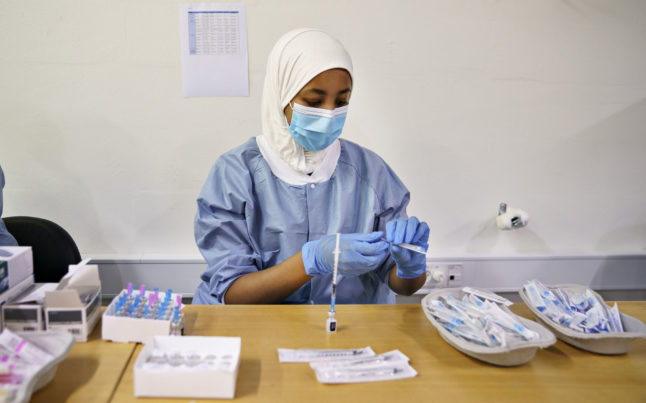Noting that the epidemic was under control and that vaccination levels were high, the Danish Health Authority said the country was in a “good position.”
“Therefore we are winding down the mass vaccination program against Covid-19,” said Bolette Søborg, director of the authority’s department of infectious diseases.
Around 81 percent of Denmark’s 5.8 million inhabitants have received two doses of the vaccine and 61.6 percent have also received a booster.
Denmark noted a drop in the number of new infections and stable hospitalisation rates.
While invitations for vaccinations would no longer be issued after May 15th, health officials anticipate that vaccinations would resume after the summer.
“We plan to reopen the vaccination programme in the autumn. This will be preceded by a thorough professional assessment of who and when to vaccinate and with which vaccines,” Søborg said.
As a wave of the Omicron variant hit the country last November, Denmark intensified its immunisation campaign, accelerating access to booster shots and offering a fourth dose from mid-January to the most vulnerable.
READ ALSO: Covid-19: Denmark registers under 1,000 cases in a day for first time in 2022



 Please whitelist us to continue reading.
Please whitelist us to continue reading.
Member comments